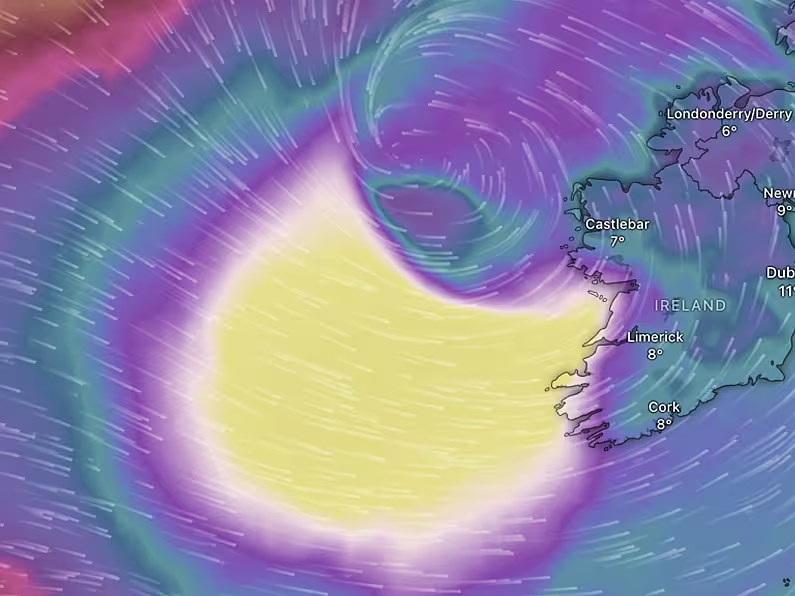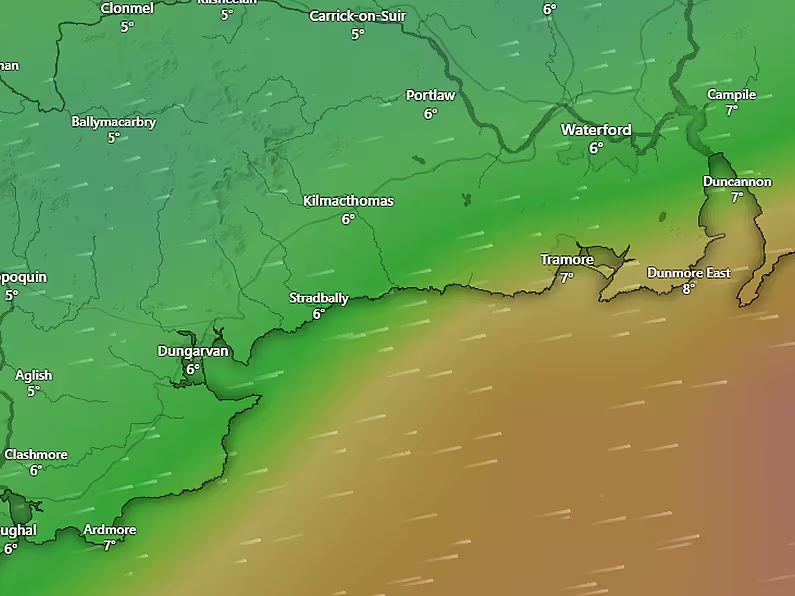By Emily Beament, PA
Last year was Europe’s warmest on record by a large margin, the latest in an annual series of global climate reports shows.
The average temperature in Europe in 2020 was 1.9 degrees Celsius above the long-term average for 1981-2010, the 31st state of the climate report published online by the American Meteorological Society shows.
Parts of the continent including Luxembourg, Sweden, Finland and European Russia saw temperatures 2 degrees or more above the average for recent decades.
The report shows the average surface temperature over land areas in the Arctic was the highest since the data record began in 1900.
Last year was also the seventh successive year annual temperatures in the Arctic were more than 1 degrees above the average for the period 1981-2010.
While some 70 monitoring gauges across Europe showed record one-day rainfall totals, there were fewer record extremes than normal, especially over southern Europe, with lower cloudiness and widespread severe to extreme drought over the region.
La Niña
Globally, temperatures in 2020 were 0.6 degrees above the average for the 30-year period from 1981, despite the temporary cooling effect of a “La Niña” weather phenomenon in the Pacific.
Last year was one of the three warmest years in records dating back to 1850, the report confirms.
The state of the climate report comes after the UN’s Intergovernmental Panel on Climate Change (IPCC) review of climate science earlier this month said the global temperature in 2020 was nearly 1.1 degrees warmer than 19th century levels.
It said humans are unequivocally driving global warming, the impacts are already being felt, with more extreme heatwaves, rain and floods, and rising sea levels, and will worsen further without action to curb temperature rises.
The latest report highlights how Covid-19 measures such as lockdowns and travel restrictions only reduced carbon dioxide emissions by around 6-7 per cent during 2020, with concentrations of the greenhouse gas reaching record levels.
It also said only 16 per cent of the ocean surface did not experience a marine heatwave in 2020, and a record high temperature was recorded on the Antarctic continent of 18.3 degrees, and provisionally in the Arctic Circle of 38 degrees.
The UK Met Office’s Dr Robert Dunn, lead editor for the global climate chapter of the state of the climate report, said: “This report adds to all the other evidence that human-induced climate change is affecting every part of the globe, but not all regions are experiencing the change at the same rate.
“The Arctic is continuing to warm at a faster pace than lower latitudes, but Europe’s annual average temperature is also increasing quite rapidly, with the five highest annual temperatures all occurring from 2014.”
New normal
The Met Office’s Dr Kate Willett, co-editor for the report’s global climate chapter, said it is becoming abundantly clear historically that unusual values of humidity, drought, extreme rain and temperatures are the new normal.
“This report follows closely on the latest IPCC report which could not be clearer in its messaging – our climate has changed and is likely to continue changing unless the key driver, greenhouse gases, are curbed, and what we’re seeing now is already straining our society and our environment,” she said.
Responding to the report, Dr Michael Byrne, lecturer in climate science at the University of St Andrews, said: “We know the climate is warming, so it is no surprise that Europe experienced its hottest-ever year in 2020.
“But what is surprising is the pace of warming – a rise of 1.9 degrees compared to 1981-2010 is rapid, unprecedented and worrying.”
He said the report highlighted that even if the world managed to limit global warming to 1.5 degrees above pre-industrial, 19th century levels, as countries signed up to in the global Paris climate agreement, temperature increases in many parts of the world, particularly over land, would far exceed 1.5C.











